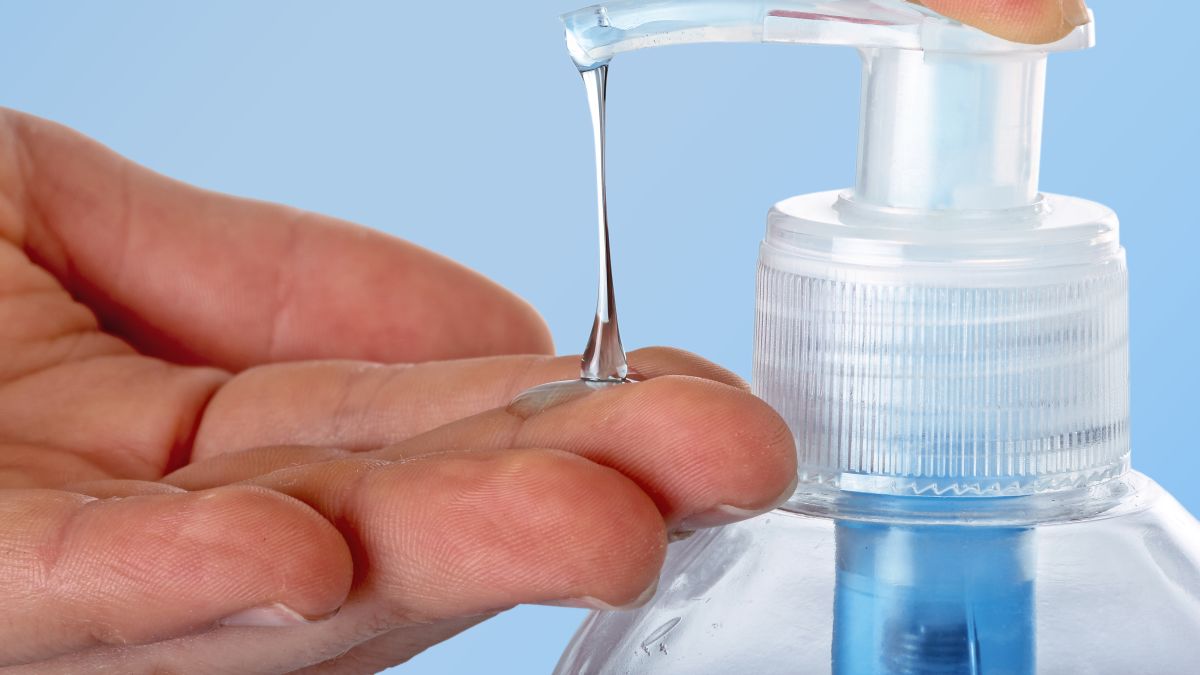
Face Masks and Hand Sanitisers: Information
This article will outline the information surrounding Face Masks and Hand Sanitisers
Face Masks
https://www.tga.gov.au/media-release/advice-surgical-masks-and-gowns-during-covid-19
Masks, gloves, face shields, goggles and gowns are designed to protect the wearer from injury or the spread of infection or illness.
Face masks and gowns which are non-sterile and designed as safety or protective apparel for use in the home or for recreational or occupational use are excluded from regulation by the TGA under the Therapeutic Goods Act (The Act).
Please see New Therapeutic Goods (Declared Goods) Order 2019 as this declares particular goods or classes of goods to be therapeutic goods, or not to be therapeutic goods, for the purposes of the Act.
TGA only regulates therapeutic goods and cannot provide further advice on the regulation, including the import of non-therapeutic goods.
Face masks or gowns, which are presented or claimed to be for therapeutic use, such as being labelled for surgical use, or to reduce or prevent the transmission of disease or micro-organisms such as bacteria or viruses, meet the definition of a medical device and are regulated by the TGA under the Act.
If these masks or gowns are supplied as non-sterile, they are likely to be regulated as low risk, class I medical devices.
Unless exempt, all products presented as therapeutic goods must be included in the Australian Register of Therapeutic Goods (ARTG) before being imported into, supplied in or exported from Australia.
In order for a product to be included in the ARTG, a sponsor must submit an application to the TGA, together with relevant supporting data. The sponsor of a therapeutic good included in the ARTG must be an Australian resident and/or carrying on business in Australia.
Getting started with TGA
Before submitting your medical device application, you need to go to TGA Business Services (TBS) and complete the organisation details form in order to obtain a Client ID or complete the appropriate service forms to update your organisation details. This will enable you to access our secure online TBS portal. Please submit your completed forms to the TGA TBS Helpdesk at ebs@tga.gov.au. For help with completing your forms, see TGA Business services: getting started with the TGA.
How to make an application
Once you have access to TBS, applications to include medical devices in the ARTG are completed online through the TBS portal. The ARTG medical device inclusion process guidance includes information about:
• factors you will need to consider before you submit your application
• whether your product is a medical device
• whether your product is exempt or excluded from the requirement to be included in the ARTG
• information about the kinds of evidence and documentation you will need to submit a valid application and maintain your inclusion in the ARTG
• the cost of submitting your application and the annual fee associated with maintaining your inclusion in the ARTG
• information about the processing of your application, including the process of audit
See Overview of medical device and IVD regulation if you are new to the therapeutic goods regulatory framework for medical devices.
Please view our SME Assist videos on the Basics of therapeutic regulation and Market Authorisation if you are unfamiliar with the regulatory process.
Hand sanitisers are regulated as a cosmetic or therapeutic good
As a result of the high demand for hand sanitisers, there are now three classes of hand sanitisers – general consumer products (‘cosmetics’), therapeutic goods and products with one of two specific formulations (excluded from TGA regulation for the duration of the COVID-19 pandemic).
General consumer products (‘cosmetics’) – not regulated by the TGA
Hand sanitisers, or antibacterial skin preparations, are considered to be ‘general consumer products’ (cosmetics) and are not regulated by the TGA if they:
• are for personal or domestic use only and not for use in a health care setting (this includes aged care facilities), and
• have claims that are limited to general low level activity against bacteria or germs (for example, kills 99.9% of germs), and
• have no claims against viruses, and
• that contain only low-risk ingredients (i.e. does not contain a substance included in Schedules 2, 3, 4 or 8 of the Poisons Standard).
The National Industrial Notification and Assessment Scheme (NICNAS) regulates the ingredients in cosmetics and the Australian Competition and Consumer Commission (ACCC) regulates labelling of cosmetics. Hand sanitisers regulated as cosmetics are only permitted to make low-level activity claims against bacteria or germs such as “kills 99.9% of germs”.
The Therapeutic Goods (Excluded Goods) Determination 2018 sets out the circumstances when antibacterial skin preparations are not therapeutic goods.
Therapeutic goods (hand sanitisers regulated by the TGA)
Antibacterial hand hygiene products that require evaluation from the TGA and inclusion in the Australian Register of Therapeutic Goods (ARTG) are those that:
• claim to kill specific organisms (e.g. E.coli or viruses), and/or
• are to be used in clinics or hospitals.
These products are regulated as registered over-the-counter (OTC) medicines. The claims permitted on the labels of these products depends on the proposed use of the product and the data provided to support the safety and effectiveness. For example, typical claims include the following:
• Antiseptic hand wash/rub
• Hygienic hand wash/rub
• Healthcare personnel antiseptic hand wash/rub
Specific formulations excluded from TGA regulation for the duration of the COVID-19 pandemic.
On 28 March 2020, specified hand sanitiser formulations were excluded from TGA regulation, as long as they only contain particular ingredients in particular quantities in the final formulation, and comply with certain manufacturing practices, and advertisement and labelling conditions. Provided that the exact formulation and other requirements are followed, this formulation is permitted for use in both healthcare facilities and consumer use.
This exclusion will facilitate the urgent and continued supply of large volumes of hand sanitisers in Australia.
The formulations are based on advice by the World Health Organization and similar decisions by the US Food and Drug Administration. The final formulation of the hand sanitiser must contain only the following ingredients:
• EITHER ethanol 80% v/v (pharmacopoeial grade or food standard grade) OR isopropyl alcohol 75% v/v (pharmacopoeial grade) in an aqueous solution;
• sterile distilled water or boiled cold water;
• glycerol 1.45% v/v (pharmacopoeial grade);
• hydrogen peroxide 0.125% v/v (pharmacopoeial grade); and
• does not contain any other active or inactive ingredients, including colours, fragrances or emollients.
There are strict requirements for labelling of these products. Manufacturers must also test the alcohol concentrations of each batch, manufacture under sanitary conditions and maintain production record-keeping. The legislation enabling production of these sanitisers is the Therapeutic Goods (Excluded Goods – Hand Sanitisers) Determination 2020.
The products will continue to be regulated as consumer goods under Australian Consumer Law. Manufacture of this product is not considered compounding.
Manufacturing and supplying therapeutic hand sanitisers
For further information, contact otc.medicines@health.gov.au or telephone 1800 020 653.
In Australia, hand sanitisers are regulated either as ‘general consumer products’ (cosmetics) or therapeutic goods depending on their ingredients and claims made about their effects.
Read about the difference between hand sanitisers that are regulated as cosmetics and therapeutic goods on the TGA website.
Our online questionnaire can also help you work out if your product is a cosmetic.
Products making claims about viruses, including COVID-19, are NOT cosmetics. More information about products making claims in relation to COVID-19 is available on the TGA website.
https://www.nicnas.gov.au/cosmetics-and-soaps/hand-sanitisers
https://www.tga.gov.au/hand-sanitisers-and-covid-19
Remember to register with NICNAS and make sure all the chemicals are allowed for this use in Australia.
Use the online questionnaire to help determine if your goods are cosmetic or therapeutic
Please note that the above information provided to you is being updated and changed constantly throughout COVID-19.
Contact your friendly staff at Across the Ocean Shipping for any questions or further updates:
Tel: + 61 3 9427 0015
Email: info@atoshipping.com
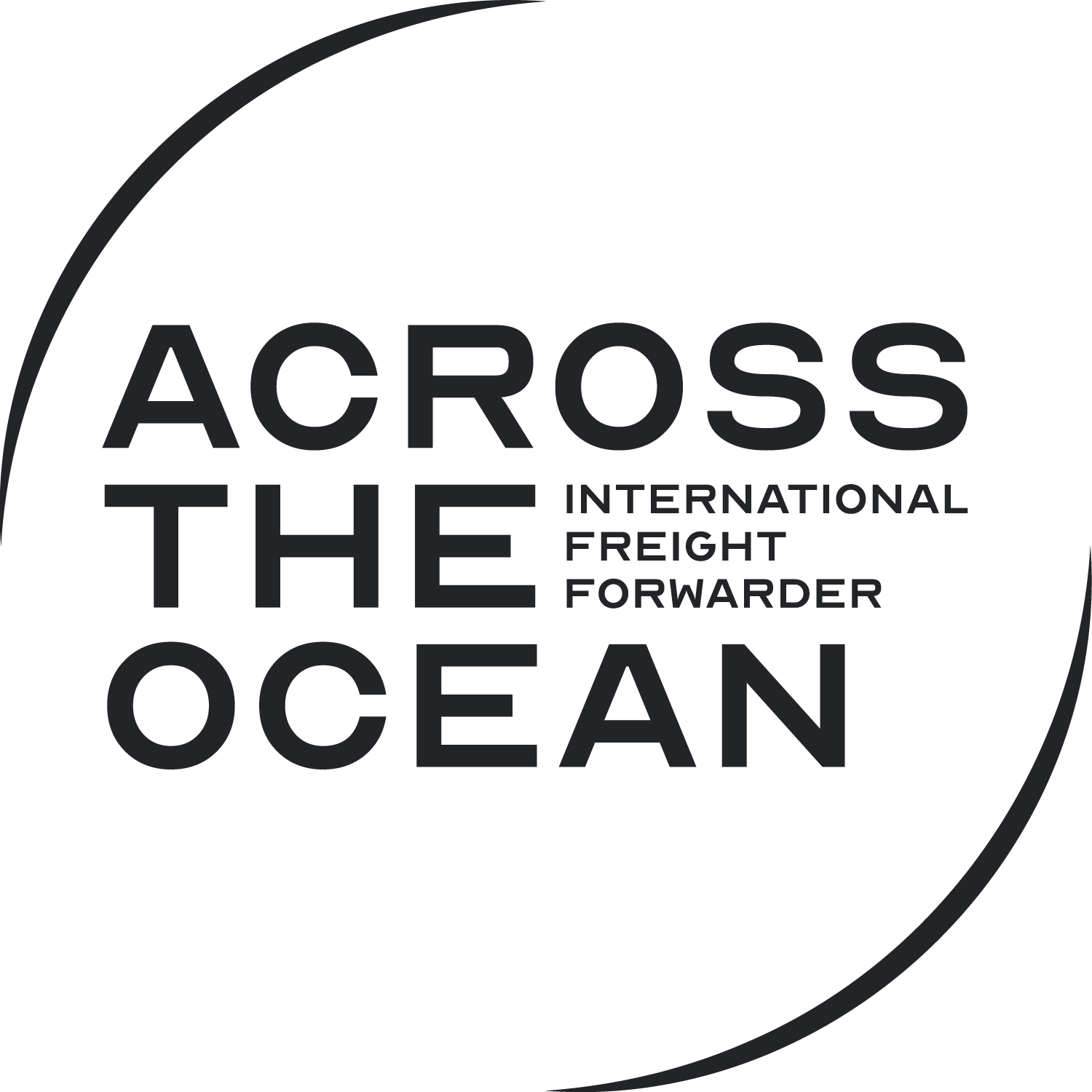


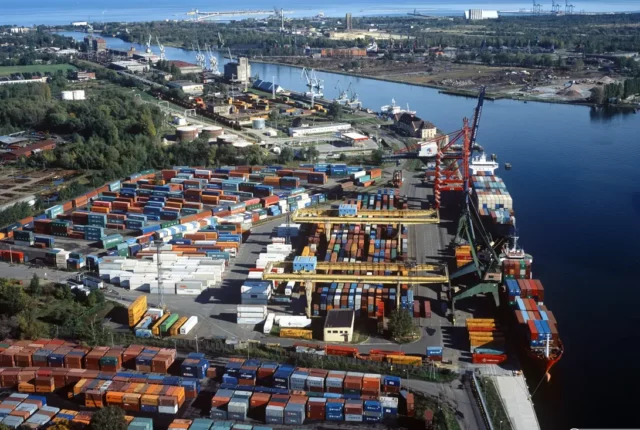
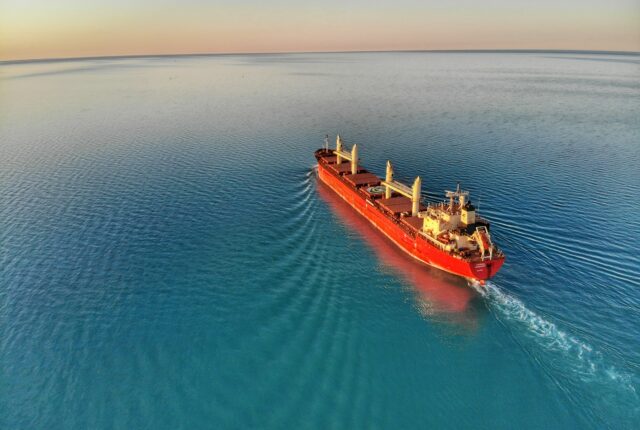
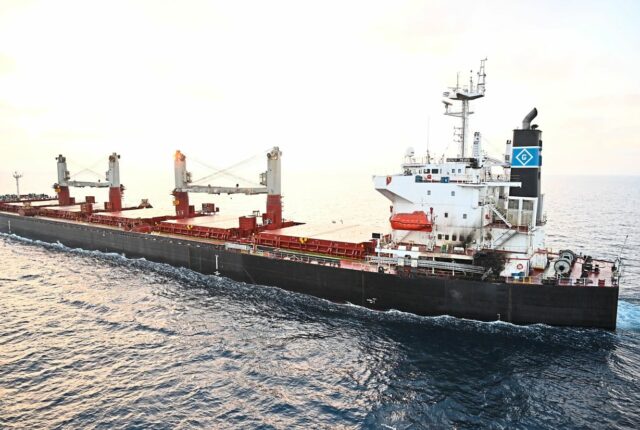

Geef een reactie
Je moet ingelogd zijn op om een reactie te plaatsen.